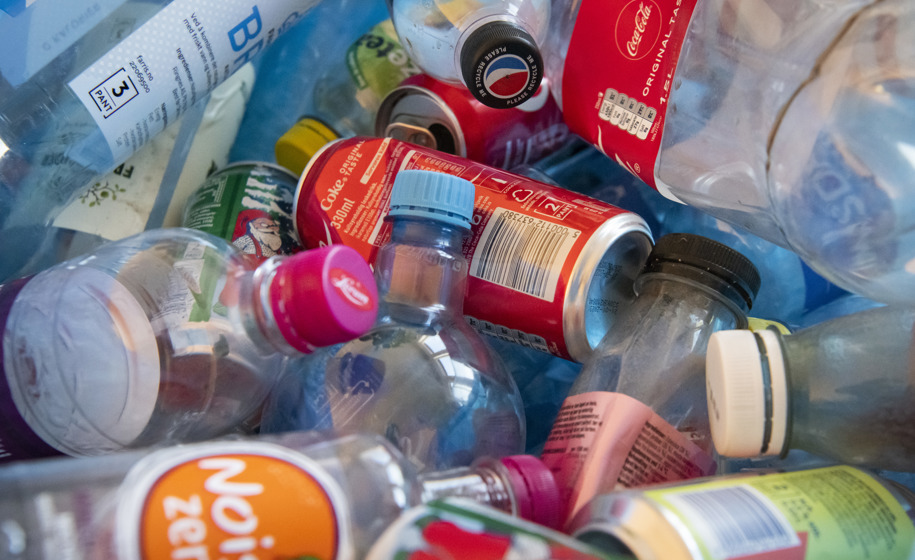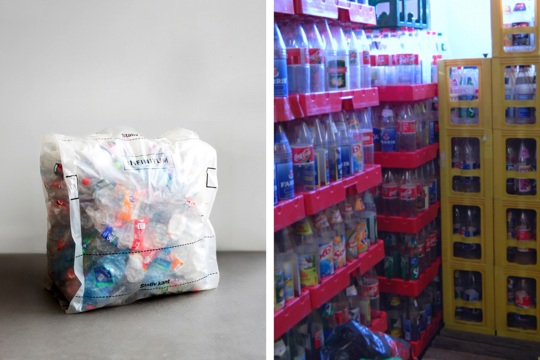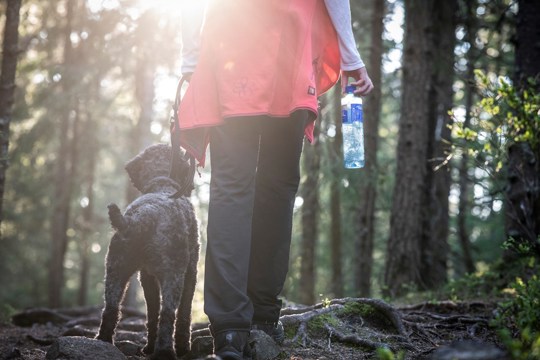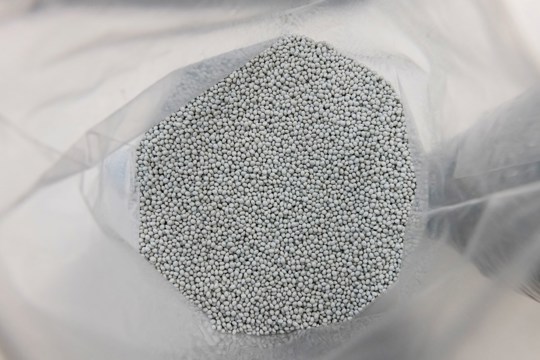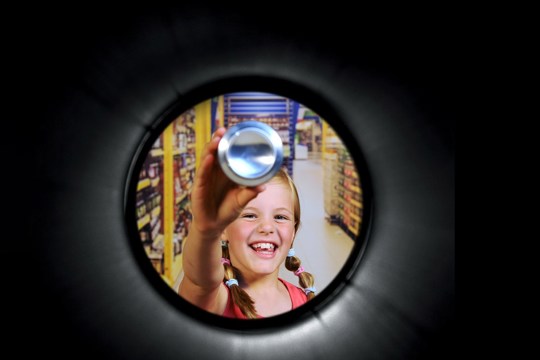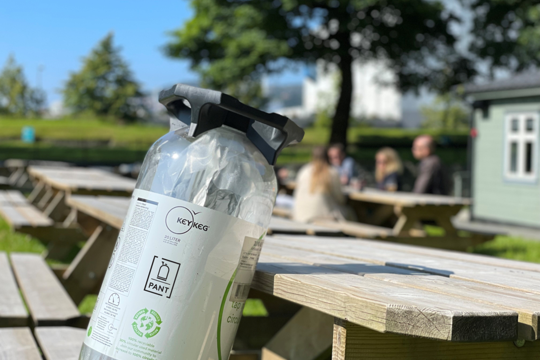“Delegations from a lot of countries want to come and visit. It is very motivating that our deposit-return system attracts such a lot of international interest,” says Kjell Olav Maldum, CEO of Infinitum, the company which manages the scheme in Norway.
"Best practice"
One of the countries to have been inspired by what they saw is Ireland. Representatives first visited in 2018, and now they are well underway with the implementation of their own deposit-return system. Under the EU’s Directive on Single-Use Plastics, member countries have an obligation to collect 90 per cent of plastic bottles by 2029, and this is accelerating the transition. Norway has been hitting this target for many years already.
“To collect as high a percentage as the EU demands, a deposit-return system is the only solution. When we started looking at international best practice and successful solutions elsewhere several years ago, we quickly came into contact with Infinitum. They lead the world with regard to deposit-return schemes,” says Repak’s Tony O’Sullivan.
He is project manager for Ireland’s new deposit-return scheme and explains that they have been planning for the introduction of deposit and return for a number of years, and now are at the stage of a firm launch date: 1 February 2024.
“We have established a company that is very similar to Infinitum. It is called the Deposit Return Scheme Ireland (DRSI). We are currently working with stakeholders, producers and retailers to prepare them for the system that will be introduced,” he explains.
“No two deposit-return systems are identical, because each country operates under different conditions,” he continues. “But we have adopted Infinitum’s core principles and business model as the basis for our system.”
Public support
Repak’s project manager says that part of the challenge is getting the retailers (i.e. supermarket chains, medium and small retail outlets) and the general public to understand the investments in the reverse vending machines (that take back the bottles and cans in store and calculate the customer’s refund), and the infrastructure necessary for collection and processing so the containers can be recycled. Furthermore, consumers must understand that the deposit is not a price increase, but a deposit that is refunded when they bring back their empties. All stakeholders must learn to treat beverage containers as being too valuable to throw away – and return them for recycling.
“The current level of public support for deposit and return and the awareness of the benefits of deposit and return, will mitigate against any resistance the new scheme might face and will facilitate the successful introduction of deposit and return,” says O’Sullivan.
Infinitum’s CEO, Kjell Olav Maldum, thinks it is great that Infinitum can help other countries to introduce their own deposit-return schemes. “In that way, we ensure that all bottles and cans are collected back in for recycling. It is a simple act that means a lot for the climate,” he says.

